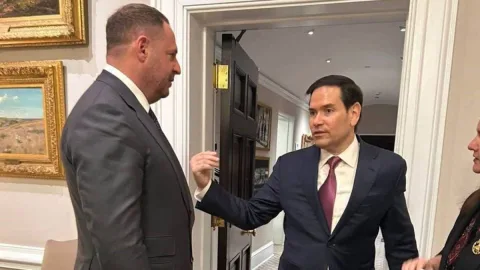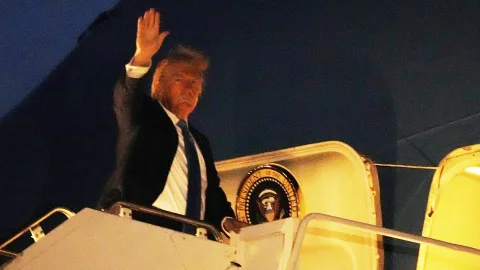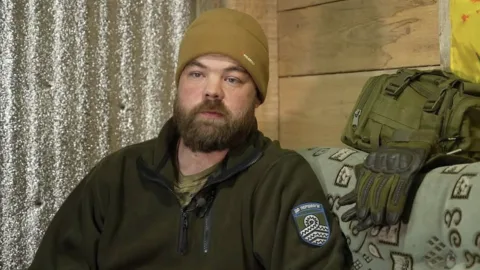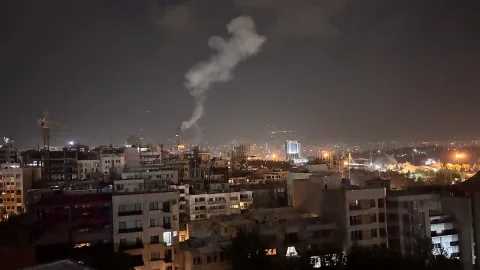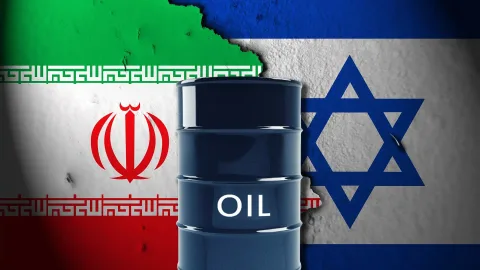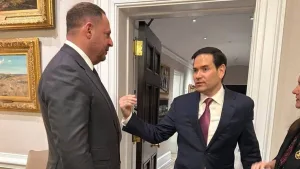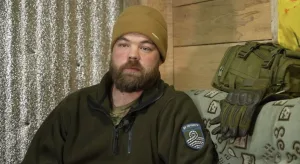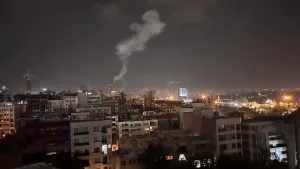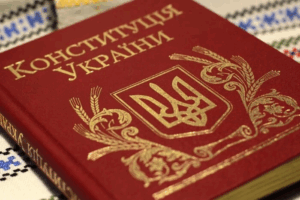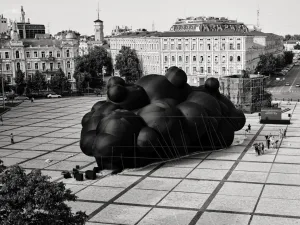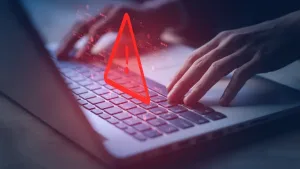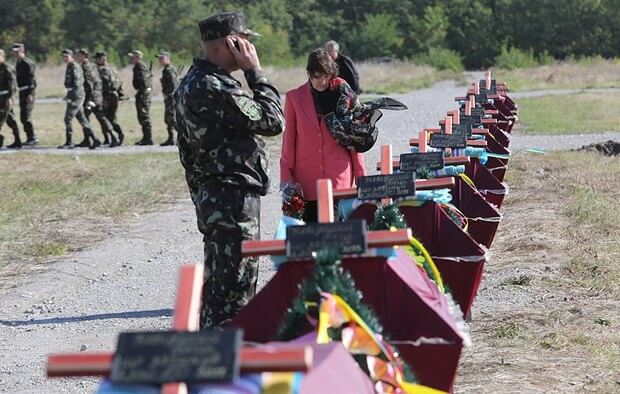
Between life and death

WE NEED YOUR HELP! 24/7, every day, since 2014 our team based in Kyiv is bringing crucial information to the world about Ukraine. Please support truly independent wartime Pulitzer Prize-winning journalism in #Ukraine.
You are welcome to fund us:
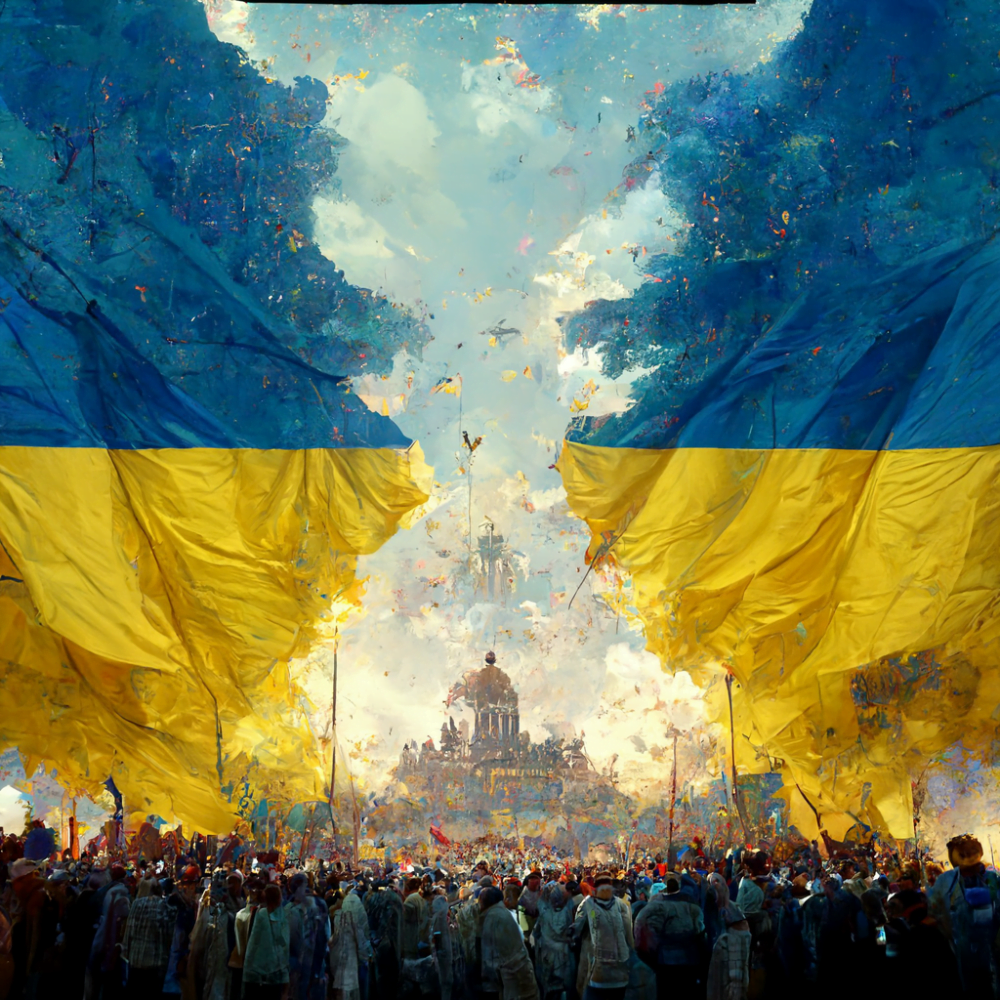
Related Articles
You can back
Ukraine Front Lines
to remain #1 Independent Citizen Media about Ukraine. Your investment saves the Truth and lives.
- Reactors at the Khmelnitskyi and Rivne NPPs were shut down due to Russian missile strikes
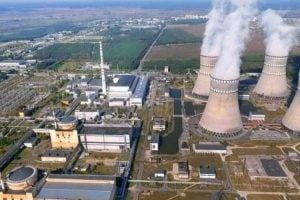
- Hand grenade thrown at Ukrainian MP Volodymyr Parasyuk in the central Kyiv
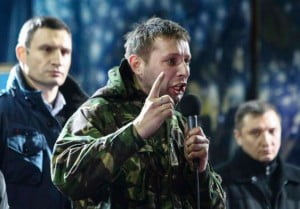
- Ukraine war updates: daily briefings as of March 29, 2016

- Ukraine war updates: daily briefings as of March 28, 2016

- Ukraine war updates: daily briefings as of March 27, 2016
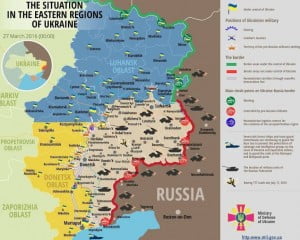
TOP STORIES
DISCOVER UKRAINE
About Ukraine Front Lines
Ukraine Front Lines is the Independent Citizen Media, which disseminates truthful news on the latest updates from Ukraine.
Learn More

